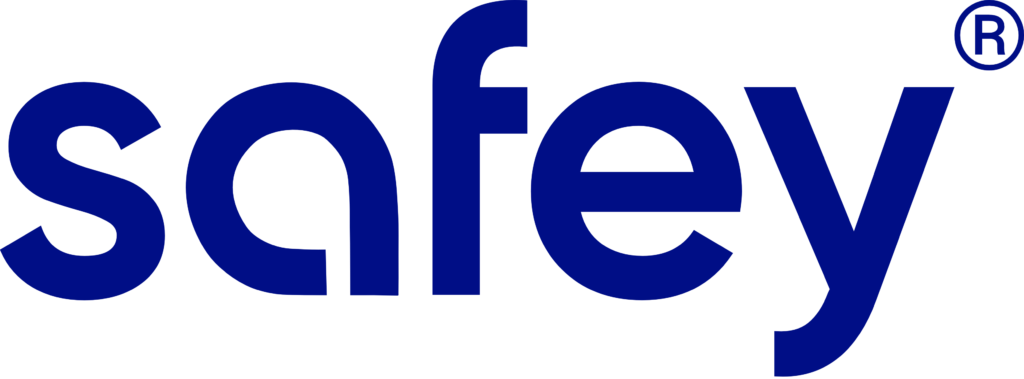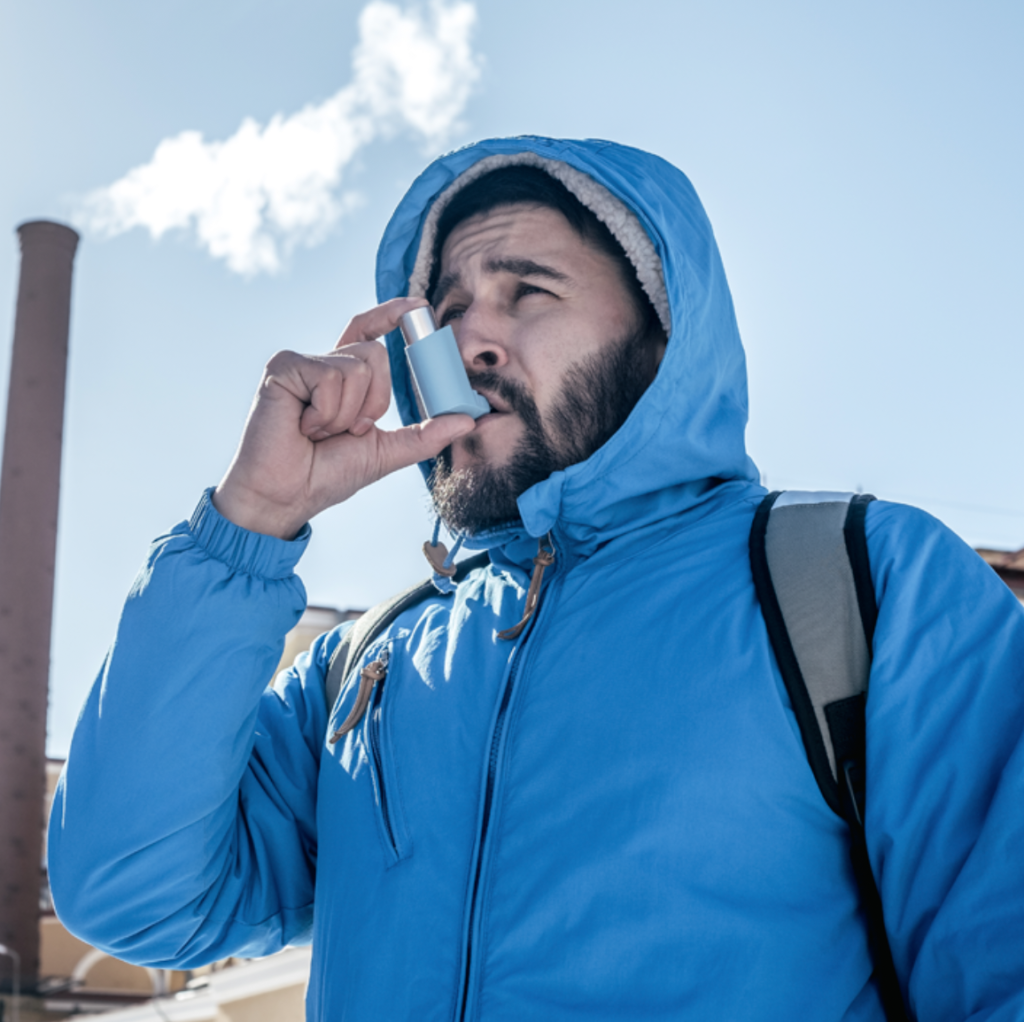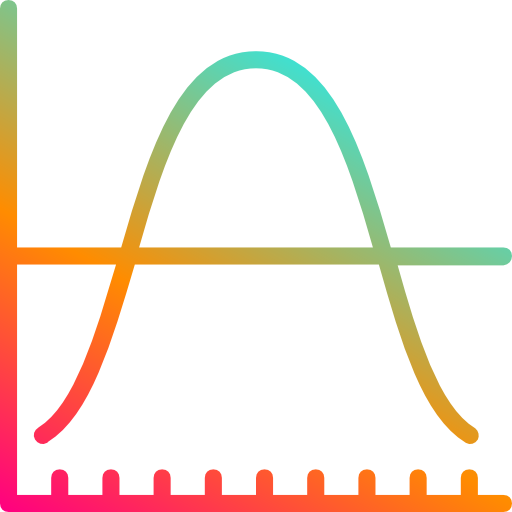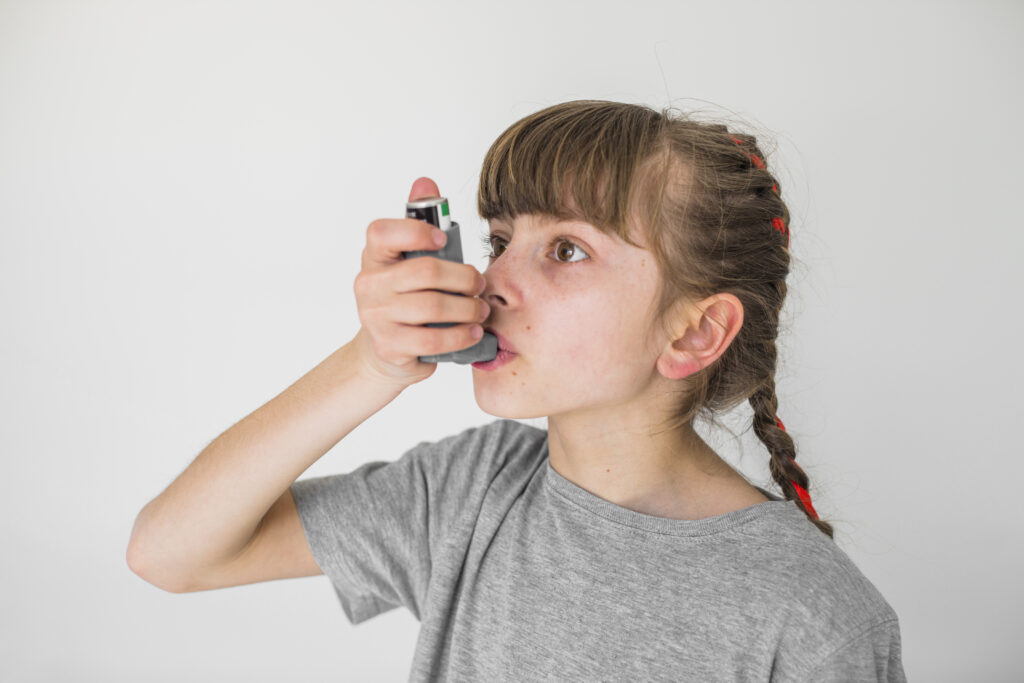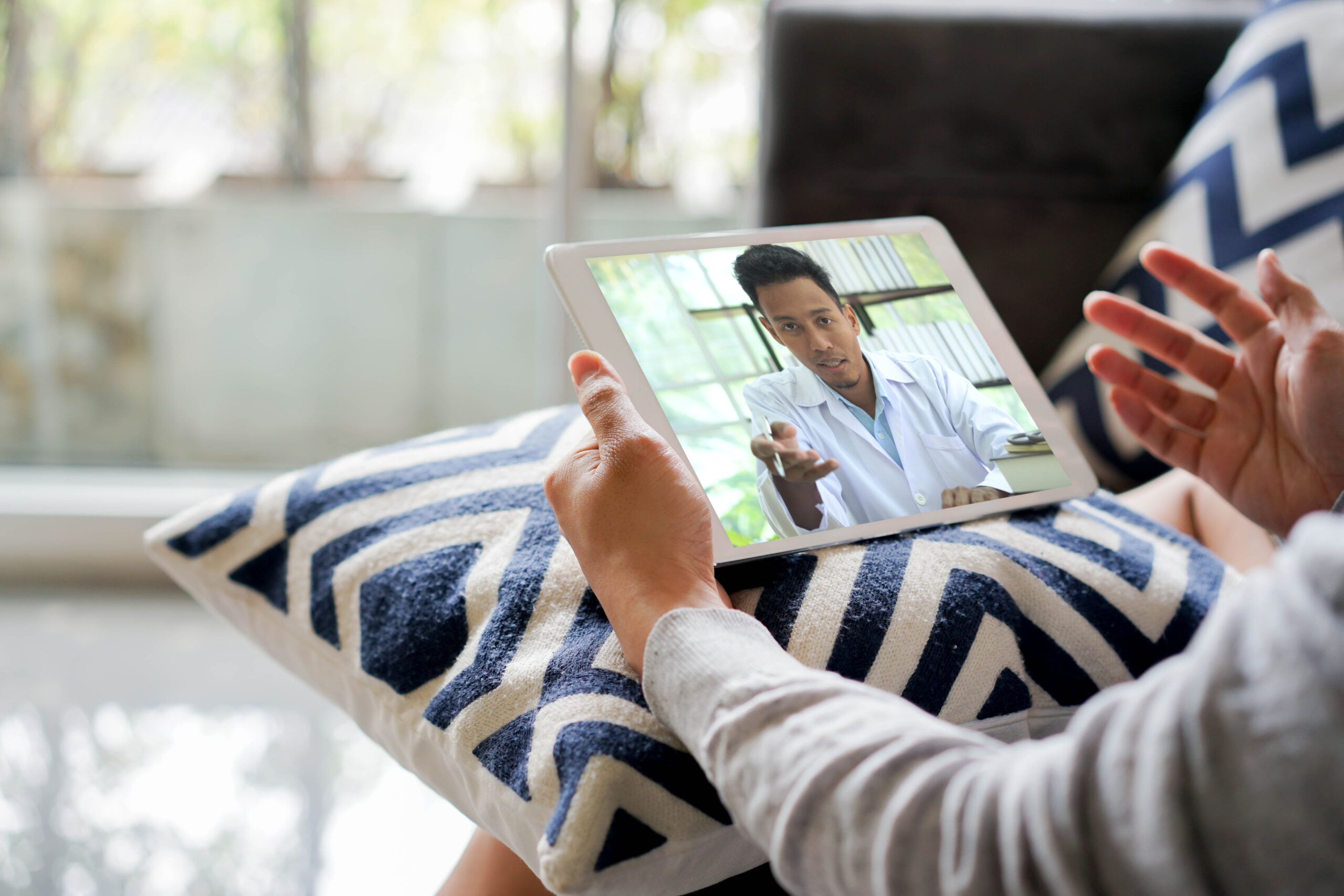
Remote Patient Monitoring
The below content is derived from research done using sources available on the internet. Safey Medical Devices Inc and its subsidiaries do not take any responsibility for the accuracy of the content. No medical decision should be taken on the basis of below content without consulting with your Medical Practitioner.
The need for primary care in the UK continues to grow due to people living longer and subsequently suffer from chronic illnesses throughout their lives. This growing need has placed a strain on the NHS, and alternative methods that help to ease the healthcare burden safely are more sought after than ever.
The restrictions that 2020 has placed on access to critical services has only heightened the necessity for additional resources and methods of supporting patients. One such strategy that has received increased attention lately is remote patient monitoring.
What is Remote Patient Monitoring?
Remote patient monitoring, sometimes abbreviated to RPM, is a method of capturing data about a patient’s health using advanced technology outside of traditional healthcare settings. It records vital health data that indicates a patient’s condition such as heart rate, blood pressure, oxygen saturation, body temperature and more.
While the term ‘advanced technology’ might sound like something that belongs in a sci-fi movie, these devices are often very consumer-friendly products. Many systems often resemble smartphones or tablet devices, making them easy and effective for patients to use at home. It allows the patient to take control of managing their health in a way that is comfortable and relatable.
Falling within the category of telehealth, remote patient monitoring is focused on the specific technology that is used to keep patients and their healthcare professionals connected for improved health management. RPM has proven to reduce readmissions and improve patient outcomes.
Is remote patient monitoring as effective as in-person management?
Remote patient monitoring is effective across various areas of healthcare, helping to ease the burden on the NHS. By employing the use of technology in helping to manage clients from a distance, health practitioners can identify changes in a patient’s vital health signs and take action where necessary. The areas where RPM has been of great assistance include:
Post-operative care
After the first day of post-operative care, vital signs are often recorded periodically at four-hour intervals. RPM systems enable the continuous monitoring of a patient’s vitals and can quickly create alerts if there are any abnormalities.
Remote patient monitoring can also help with medication adherence and post-operative care compliance. Facilitating the ability for patients to share data and healthcare professionals to monitor from a distance, remote patient monitoring technology supports early detection of any issues which might arise post-operation and allow treatment sooner.
During a healthcare crisis
The limitations and restrictions that have been imposed out of necessity in 2020 have meant that remote patient monitoring has been instrumental in supporting healthcare systems. It has supported the monitoring of patients released from hospital after admission. This reduces the risk of infection for people who are at-risk and limits the interaction between patients in a communal space.
For the management of chronic illnesses
Remote patient monitoring has been particularly useful in supporting patients who are managing chronic health conditions and illnesses. It is a highly time-efficient way of accessing essential patient data from a distance, and reduces the need for so many appointments, freeing time for patients and doctors.
RPM has also had a positive effect on increasing a patient’s engagement with managing their own health and increasing their responsibility in a safe way. In the same way, remote patient monitoring can significantly reduce the risk of people who are at higher risk of infection by reducing their contact. Infection transmission can be higher in settings such as hospitals and doctors offices for those who are at increased risk. Hence, RPM facilitates a safer way of obtaining key vital signs and patient health information.
How can remote patient monitoring assist lung function?
Lung function is a key area of a patient’s vital signs, especially for those suffering from lung-related illnesses and conditions such as COPD and asthma. One key way to measure these vital signs is through the use of remote patient monitoring by obtaining health data via the use of a peak flow meter.
Introducing the use of a peak flow meter to assist with RPM can empower patients to manage and monitor their own health. Using the results of peak flow and spirometry data, healthcare practitioners can identify early signs of lung inflammation. Capturing data, including FEV1 and PEF measurements, doctors can evaluate the health of a patient’s condition and whether additional action is necessary.
The advantage is regular and consistent monitoring and data input that can identify problems earlier than if relying only on in-person patient monitoring. Delivering the data in real-time it can enable doctors and nurses to make critical decisions around patient care and health management.
How does Safey support remote patient monitoring?
Safey offers an advanced solution for remote patient monitoring for the benefit of both patients and their healthcare practitioners. Using the combined power of smart devices, such as peak flow meters and spirometers, patient apps and a smart platform for doctors, Safey keeps everyone informed.
Harnessing technology to keep patients connected to their doctors, data can be recorded, managed and uploaded with ease. Focused on recording key lung function data including FEV1, PEF, FVC and FEV1/FVC, Safey’s devices and smart apps facilitate improved patient monitoring at a distance.
Safey’s technology enables patients to sync their peak flow meter via Bluetooth with android devices to easily record key lung function data. With the ability to track and visualize lung function, patients and doctors can address changes before symptoms present. Supporting the faster and better decisions when it comes to patient care, the FDA-approved peak flow and spirometers from Safey assist with next-generation healthcare.
Clinicians can trust and rely upon the data shared between Safey devices and apps, giving them an enhanced way to manage patient health. With several FDA-approved systems available to measure and manage lung function, Safey facilitates the collection of crucial vital sign information through remote patient monitoring.
With the portability of Safey peak flow meters and spirometers, patients can share key lung function data with their doctors from anywhere. Providing clinical-grade accuracy on the go, the devices meet ATS and ERS guidelines.
Safey can help both patients, and their doctors manage their health better, remotely. Discover more about how our systems can help with your healthcare management plans.

